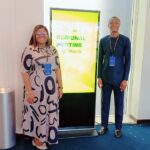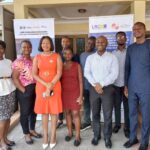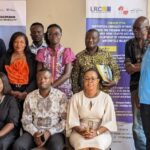As part of its efforts in promoting electoral justice, to safeguard both the legality of the electoral process and the political rights of citizens, the LRC has been awarded a grant by STAR-Ghana to implement a project captioned “Consolidating the Electoral Justice System in Ghana”.
This project was chosen from over 200 submissions made to STAR-Ghana for grants in their quest to support activities aimed at achieving peaceful, credible, issues-based and inclusive elections in 2016. LRC is in partnership with LADA Institute for the execution of this project, which is slated to run for twelve (12) months.
This project also seeks to contribute to laying the foundations of justice and peace for subsequent elections in the country. These foundations include ensuring that the following rights are upheld: Right to political association for election purposes; Right to run for elective office; Right to Vote; Political right to participate in the conduct of public affairs, directly or by means of freely elected representatives; Right to Freedom of expression, freedom of Assembly, petition and access to information related to political-electoral matters; Political right to participate in the conduct of public affairs, directly or by means of freely elected representatives.
Project objectives include:
- Collaborate and ensure civic input into reforms of Electoral laws and rules as it governs State institutions work, authority and governance as stated in the recommendation of the ruling for the 2012 Election Petition in 2013.
- Educate the electorates in Ghana about the proceedings of the reforms, the electoral process and their access to the Electoral Justice System.
3.To have the judicial system deal with election conflicts effectively and timely.
4.Galvanise adequate information from the laws to train, educate and build the capacity of the electoral station officers in relation to rules, conducts and processes of the election process.
5.Make the principals of electoral rights, reform documents, laws and rules much more user friendly and easily comprehensible for the average Ghanaian at the grassroots level.





